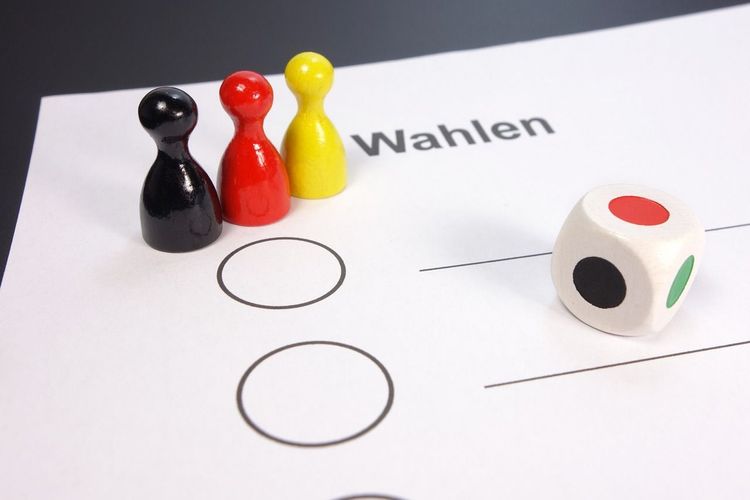Mustafa Suleyman, CEO and co-founder of Inflection AI, envisions a transformative future for generative AI chatbots, where these digital companions can serve as personal representatives for various tasks, such as purchasing items online and negotiating contracts on your behalf. At the ‘The Wall Street Journal Tech Live’ conference, he outlined his startup’s focus on developing Pi, an AI chatbot designed with a high emotional quotient (EQ) to enhance user interaction by minimizing harmful responses, along with an intellectual quotient (IQ) for improved accuracy and factual correctness.
Suleyman emphasized the emerging goal of infusing Pi with a high action quotient (AQ) — enabling it to perform actions that will include accessing databases, making bookings, and managing supplies efficiently. Unlike existing chatbots like ChatGPT, which mainly function as question-answering systems, Pi aims to become a versatile assistant akin to an exceptional coach, confidante, or chief of staff. Suleyman expressed a shared sentiment that consumers often find themselves at the mercy of major tech companies, like Amazon, for their purchasing needs. This is where personal AI tools, like Pi, come into play. They can act in users’ best interests, assisting with task organization, information synthesis, and decision-making in everyday scenarios.
In the near future, Suleyman predicts that Pi will evolve to help users manage abstract goals, for example, ensuring appointments are not missed in the upcoming weeks by pulling together information from various sources like email and location data. Pi is envisioned to be so advanced that it could even act as a proxy in personal decision-making, advising on potential relocations or job opportunities, and ultimately serving as a legal proxy for online purchases and contract signings within three to four years.
Backed by substantial funding, including a recent raise of $1.5 billion supported by industry giants such as Bill Gates, Eric Schmidt, and Reid Hoffman, Inflection AI is on track to build one of the largest AI clusters in the world. By acquiring 22,000 of Nvidia's H100 chips, the company aims to train expansive AI models that will enhance the accuracy and reliability of these digital assistants.
A key departure in Pi’s business model involves shunning the common internet practice of offering free services to users while monetizing through advertising. Suleyman pointed out that this model misaligns the interests of tech platforms with those of users, as the true customer becomes the advertiser rather than the individual utilizing the service. Instead, Pi will rely on users as direct consumers, maintaining a focus on their needs.
Addressing prevalent concerns surrounding generative AI, such as the potential for toxic content and bias, Suleyman stated that Pi has been designed to avoid delving into harmful subjects through robust safeguards that render common exploitative techniques ineffective. Additionally, although Pi uses real-time information to combat inaccuracies, Suleyman acknowledged the ongoing challenge of addressing hallucinations — instances when AI provides incorrect or misleading information. He believes that a critical aspect of improving AI lies in its ability to express uncertainty. “If AI can communicate its confidence levels — whether it is 100% sure, 80% sure, or 60% sure — that would significantly address the issue,” he stated.
Navigating sensitive topics, such as geopolitical conflicts, is approached with care. Pi aims to present balanced perspectives while adhering to objective facts. In situations where facts can be ambiguous or evolving, such as ongoing conflicts, providing true representation of both sides can be particularly challenging. However, a deliberate bias towards promoting peace is ingrained within Pi's framework, emphasizing empathy and understanding.
As for the 2024 U.S. presidential election, Suleyman firmly believes that AI should remain outside the political campaigning arena. He voiced concerns about the implications of AI involvement in influencing voter decisions, stressing that the democratic process should fundamentally remain a human endeavor. Suleyman also highlighted ongoing discussions with other prominent AI firms to collectively establish guidelines against using AI for electioneering, reinforcing a commitment to preserving the integrity of democratic processes.
In summary, the vision for personal AI extends beyond traditional chatbot functionalities, aiming to create sophisticated digital partners that enhance daily life while maintaining ethical boundaries in both decision-making and communication.







